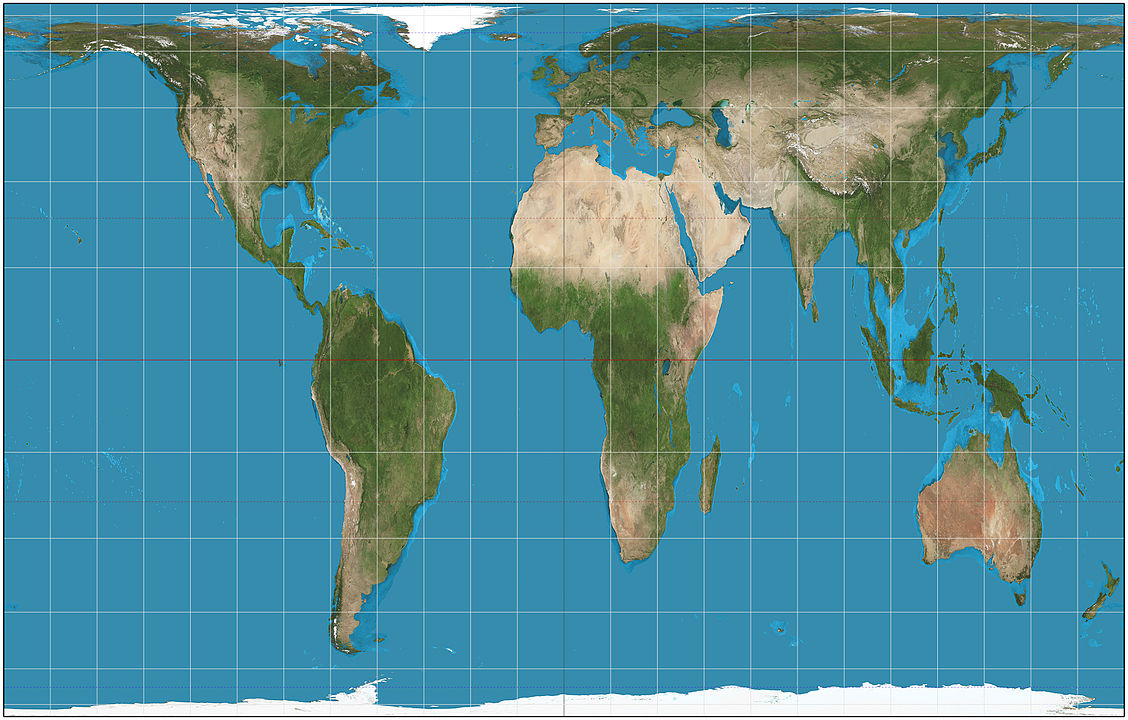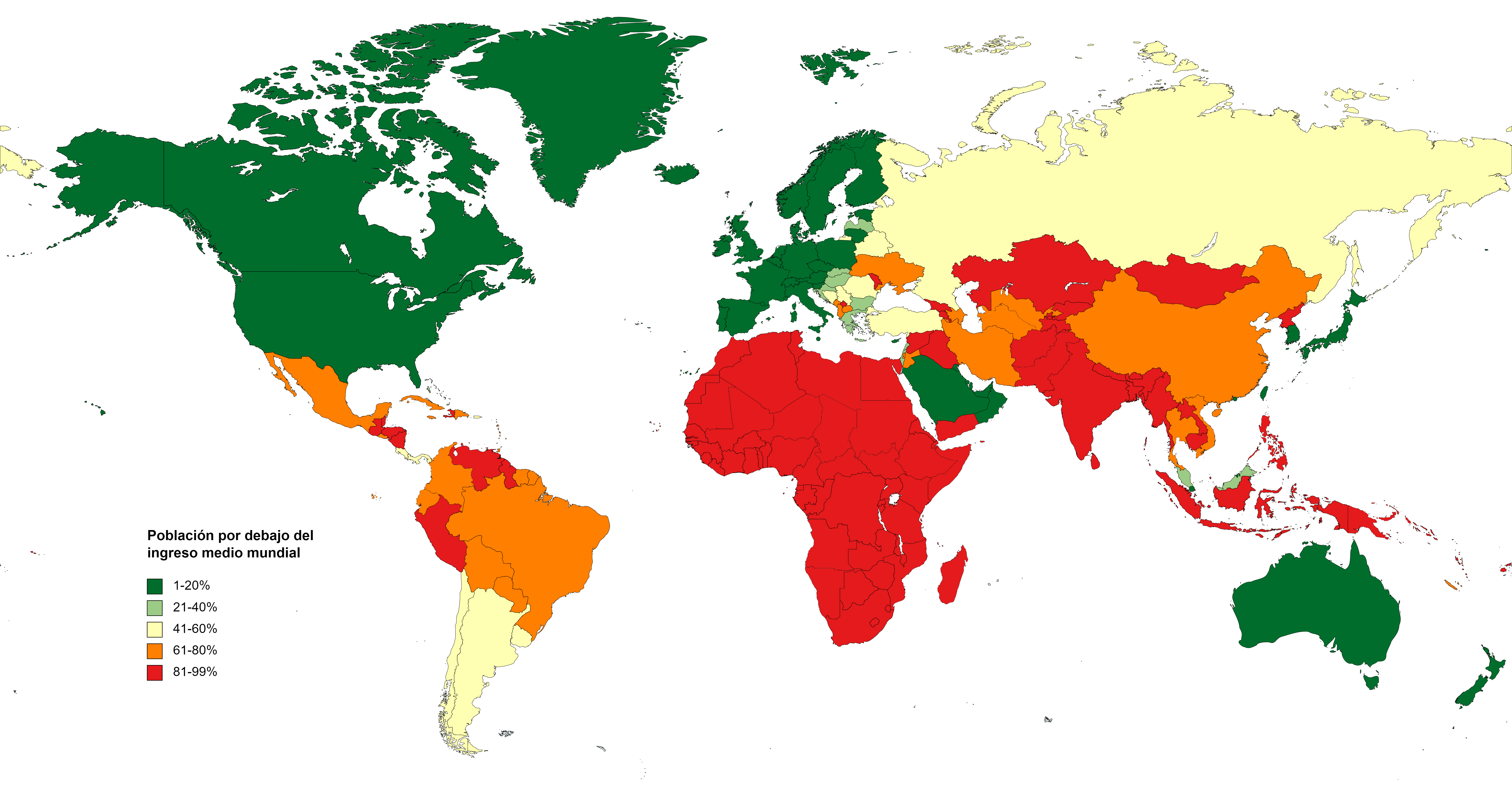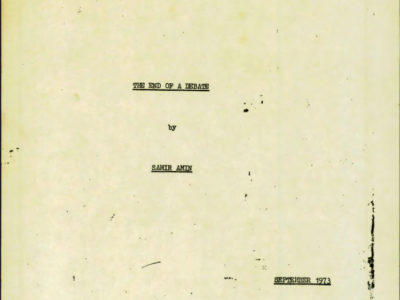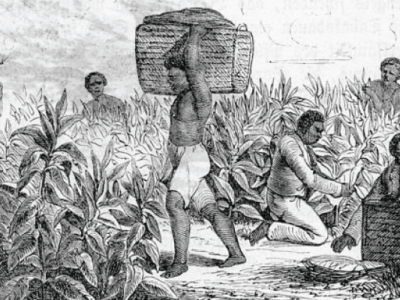World-Systems Analysis as a paradigm is often tied to its founder, Immanuel Wallerstein. As such, the praises and criticisms are mainly aimed at his work. However, there are many scholars who made key contributions to it giving it the shape it has now. Among the important names, we can find Samir Amin, Giovanni Arrighi, Andre Gunder Frank, Christopher Chase-Dunn, and many other. Each of those contributors had his unique approach and interpretation, which often went well beyond just technical details. For that reason, while World-Systems Analysis has a set of ideas common to all scholars, it would be an error to focus only on Wallerstein’s interpretation without considering unique and original approaches by other scholars.
Being a wide set of different theories, outcomes of World-Systems Analysis, depending on who is applying it and how is he or she applying it, can vary between closer to liberal understanding of the world and rather radical and/or revolutionary1 . The radical interpretation has been on decline since the 90s giving way to a reformist interpretation due to the lack of viable socialist alternative to the modern capitalist world-system. However, in the past decade, we have seen a resurgence of its radical currents as a response to the systemic crisis of accumulation, followed by deepening inequality gap and exploitation.
Here we would like to focus on the research of Donald Clelland and Wilma Dunaway on commodity chains, ecology, race and feminism within the tradition of World-Systems Analysis.
Donald Clelland is an American sociologist with over 30 years of research and teaching experience, yet with a fairly small number of published works covering the subject of World-Systems Analysis. His existing works and drafts published over the last decade bring the World-Systems Analysis back to its radical roots basing itself on new research.
Clelland’s main subjects cover analysis of commodity chains with a special focus on the role of female labour. Due to this feminist perspective, Wilma Dunaway refers to commodity chains as Gendered Commodity Chains.
Wilma Dunaway, professor emeritus of Virginia Tech, a World-Systems scholar, a student of feminism and racial and ethnic discrimination, qualifies herself as a revisionist academic for daring to touch taboo topics in academia.
Due to copyright issues we’re unable to reproduce Clelland’s nor Dunaway’s articles, however, we can provide the links to the most notable articles:
Wilma Dunaway:
“Women’s Labor and Nature: The 21st Century World-System from a Radical Ecofeminist Perspective.“ Pp. 183-202 in New Theoretical Directions for the 21st Century World-System, edited by W. A. Dunaway. Praeger Press, 2003.
“Introduction.” Pp. 1-25 in Gendered Commodity Chains: Seeing the Hidden Women’s Work and Laborer Households in Global Production, ed. Wilma A. Dunaway. Stanford University Press, 2014.
“Bringing Commodity Chain Analysis Back to its World-Systems Roots: Rediscovering Women’s Work and Households.” Journal of World-Systems Research 20 (1) (2014): 64-81.
“The Centrality of the Household to the Modern World-System,” in Handbook of World-Systems Analysis, ed. Christopher Chase-Dunn & Salvatore Balbones, Routledge, 2012.
“The Semiproletarian Household over the Longue Duree of the World-System.” In The Longue Duree of the Modern World-System: In Memoriam to Fernand Braudel, edited by Richard Lee and Dale Tomich. SUNY Press, 2011.
“Ethnic Conflict in the Modern World-System: The Dialectics of Counter-hegemonic Resistance in an Age of Transition.” Journal of World-System Research 9 (2003)
“Challenging the Global Apartheid Model: A World-Systems Analysis.” (2016), with Donald A. Clelland, Journal of World-Systems Research 22 (1) (2016).
Their work in electronic format can be found on their respective websites:
The qualifier “revolutionary” does not necessarily refer to Clelland’s and Dunaway’s works cited here. ↩










